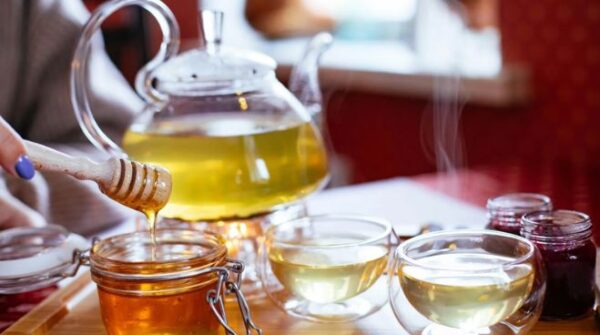Lifestyle
5 natural sweeteners that are good for your health

Granulated sugar is the most popular sweetener and is used in countless beverages, sauces and baked treats.
But sugar consumption is also associated with health issues such as unwanted weight gain and diabetes.
For that reason, it’s no surprise that sugar alternatives, especially natural sweeteners, are in high demand.
Although the term “natural” can mean several different things, natural sweeteners typically have more health benefits than regular, white sugar.
Natural sweeteners have become more appealing than sugar because they are less processed, might contain more nutrients and provide healthy benefits.
Although they might be a healthier choice than regular sugar, the best sweetener depends on taste preferences, health needs and what it’s being used for.
Some natural sweeteners you could consider substituting for conventional sugar:
Fruit
Fresh fruits like bananas, berries and dates are naturally sweet and packed with important nutrients that can support overall health. Plus, the fibre in fruit helps slow down the absorption of sugar in the body, which helps regulate blood sugar levels.
Fruits can be used as a topping for yoghurt, blended into smoothies and added to baked goods.
Using fruit as a natural sweetener enhances the flavour profile of a dish without adding empty calories and artificial additives.
Apple sauce
Apple cooked into a purée makes applesauce. Not only is apple sauce a lunchbox staple but it can also be used in place of sugar in baking. Compared to sugar, apple sauce is a low-calorie alternative.
It contains fibre, vitamins and minerals and it won’t increase blood sugar as much as regular sugar does.
Raw honey
Raw honey is a natural sweetener bees make using the nectar of flowering plants. Honey is slightly sweeter than table sugar, meaning you can use smaller amounts to achieve the same sweet taste.
Raw unpasteurised honey consists mainly of fructose and glucose and contains trace amounts of B vitamins, iron, potassium and manganese.
However, the most significant health benefit of consuming raw, unpasteurised honey might be its antimicrobial and antioxidant properties.
Its natural sweetness can satisfy sugar cravings while also helping protect the body from oxidative stress and inflammation.
Agave
Agave syrup comes from the sap of the agave plant, commonly grown in Mexico and other parts of Central America. It mainly contains fructose, a type of sugar found in fruits.
Naturally sweet, agave is also a good source of minerals and vitamins. It will also not increase blood sugar levels as much as sugar does.
Maple syrup
Another popular natural sweetener, maple syrup, has claimed its place atop many pancakes. If you’re cutting back on sugar, you might want to skip the pancakes but hang on to the syrup, which is produced from the sap of sugar maple trees.
That’s because maple syrup, like honey, contains antioxidants and minerals that can be beneficial for your health. Many of the unique compounds found in maple syrup have been shown to help combat cancer and diabetes.
The darker the maple syrup, the less refined it is and the more of benefits it could provide.








